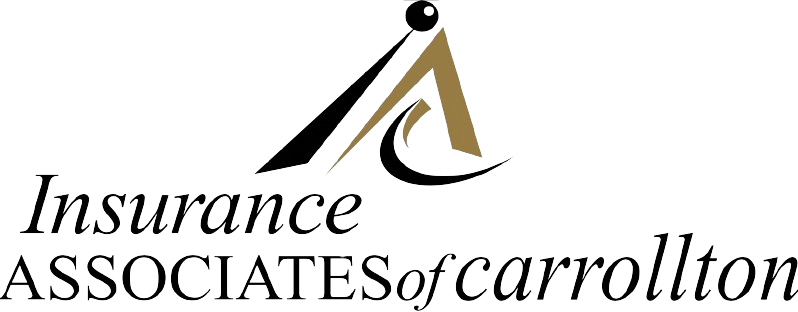For homeowners, understanding the interplay between property lines and insurance is crucial, especially when unexpected damages occur. Whether it's a tree crashing down from a storm, a fire starting next door, or flooding caused by a neighbor's poor drainage, these incidents can transform a peaceful day into a chaotic one. The peace of mind of knowing who is responsible for what, in terms of insurance, is invaluable. This blog aims to address common concerns and questions regarding homeowners insurance and property boundaries, equipping you with the necessary insights to safeguard your finances.
Fire Damage from a Neighbor’s Property
Fires can quickly spread from one property to another, causing widespread devastation. If your home is damaged by a fire that originated from your neighbor's property, your homeowners insurance usually steps in to cover the damage. However, if it's determined that the fire was due to negligence, such as an unattended candle or faulty wiring, your insurance provider might attempt to recover losses through the responsible party’s policy—a process known as subrogation.
Tree Damage Responsibility
One common scenario involves a neighbor's tree falling onto your property during a storm. Typically, your insurance will cover the damage because it is classified as a weather-related incident. However, if the tree was dead or in poor condition and the neighbor knew about it, their insurance might be held liable instead. It's essential to communicate any concerns about at-risk trees to your neighbors to mitigate issues before they arise.
Flooding from a Neighbor’s Property
When flooding occurs, establishing negligence can be challenging, especially in cases of water damage due to poor maintenance, such as malfunctioning downspouts or improper landscaping. Homeowners insurance generally does not cover flood damage, underscoring the importance of securing a separate flood insurance policy for comprehensive protection. This additional policy can provide peace of mind, guarding against the unexpected.
Shared Fence Repair Costs
Shared fences are another common area of concern. If a storm damages a fence shared with your neighbor, it's generally expected that both homeowners will split the repair costs. However, if the damage is directly caused by one homeowner’s actions, such as neglect or intentional harm, they may be liable for the entire cost of the repair. It's beneficial to discuss and document maintenance responsibilities regarding shared structures.
The Insurance Claims Process
Navigating insurance claims when a neighbor is involved can be complex. If property damage arises due to your neighbor's actions, your insurer will assess the situation to determine coverage. If negligence can be proven, subrogation may occur, with your insurer seeking compensation from the neighbor's insurance provider. If not, your policy will typically cover the damages without pursuing the neighbor's insurance. Understanding this process can prevent confusion and ensure a smoother claim experience.
In conclusion, reviewing your homeowners insurance policy is a critical step in being prepared for unforeseen damages linked to property lines. Consider additional coverage like flood insurance to fortify your financial protection. It's also wise to consult with an insurance professional to clarify your policy details and ensure peace of mind. Stay informed, stay prepared, and enjoy your home with confidence.

